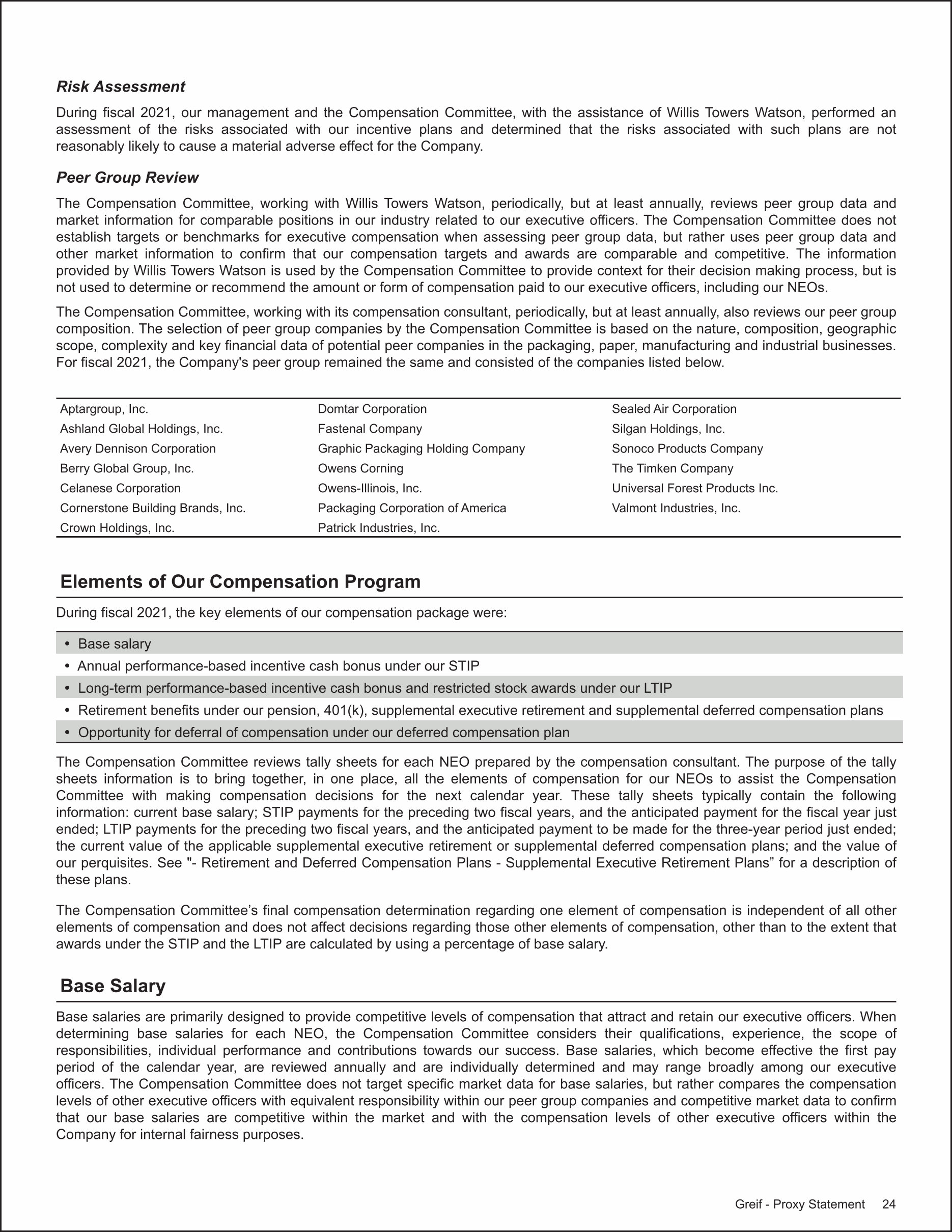
Ramboll appointed three new senior managerial consultants to its London, Leeds and London practices. The new people will include Richard Wood, Graham Harker, and Jeffrey Franklin. Each will be responsible for leading a team that specializes on environmental risk management and impact assessment. Their combined experience will bring a wealth of experience to the firm's clients.
Richard Wood
Richard Wood, Ramboll Environmental’s Chief Executive Officer has more than thirty years of experience as a civil engineer and environmental consultant. His experience includes planning, design, environmental permitting, project managing, and inspection. He has also worked on a wide range of projects, including wastewater treatment, potable water treatment, and energy and resource efficiency. His experience extends to budget tracking and project management.
Wood joins the firm from the Environment Agency, where he worked as an environmental and regulatory officer for 20 years. The company also announced Dr Graham Harker's appointment to the Birmingham air quality team. These appointments will be the head of the UK environment practice at the company, which is seeing significant growth.

Wood has extensive knowledge of federally-funded projects across a variety fields. His expertise includes the preparation of designs, specifications, reports, and studies for hazardous material handling facilities, as well consulting services and facility design. He is a Florida licensed asbestos consultant and certified professional engineer.
Graham Harker
Ramboll has appointed six senior employees to its UK environment team. These professionals will be located in the London, Leeds Manchester, Manchester, and Birmingham offices. Richard Wood, a senior managing consultant, will join the new team. He has 20 years experience as an Environment Agency Environment and Regulatory officer.
In addition, the firm has appointed a Principal based in Manchester, Rob Steer. Rob Steer has extensive knowledge in safety management and CST and will expand the company’s offering in this field. The new Principal will guide a variety clients. The firm is pleased to welcome Dr Philip Rogers, a new member in its senior management team.
Jeffrey Franklin
Jeff Franklin has been promoted as senior managing consulting for Ramboll UK's environmental practice. He joins the consultancy from his previous role as Environment Agency's environment and regulatory officer. He has over twenty years of experience in the field of environmental regulations. Additionally, he has extensive oil and gaz project experience. Franklin also oversees the UK's air quality impact assessment process.

Ramboll recently made several additions to its team. Dr. Philip Rogers, a lecturer at the University of Greenwich, has joined the company as a Senior Managing Consultant and will lead the company's biodiversity and ecology practice. Jeffrey Franklin joins the firm's London compliance team. He has over 15 years of experience in providing guidance on health and safety management.
FAQ
What can I expect of my consultant?
After you have selected your consultant, expect to hear from them within a few business days. They will often ask about your company's mission, goals and products. Then, they'll send over a proposal outlining the scope of work, estimated time frame, fees, deliverables, milestones, etc.
If all goes well, the parties will then negotiate a written agreement. The terms of the contract will depend on the type of relationship between the two parties (e.g., employer-employee, employer-independent contractor).
If everything goes smoothly, the consultant can begin work immediately. S/he will have access to your internal documents and resources, and you'll have access to his/her skills and knowledge.
Don't assume that someone who is a consultant knows everything. It takes effort and practice to become an expert in whatever field you consult. You shouldn't expect your consultant will know everything you need to know about your business.
Who hires consultants?
Many companies hire consultants to help with their projects. These include small businesses, large corporations, government agencies, non-profits, education institutions, and universities.
While some consultants work for these companies, others are freelancers. In both cases, the process for hiring depends on how complex and large the project is.
When hiring consultants, you will probably go through several rounds of interviews before choosing the person you think would be best suited for the position.
How much do consultants make?
Some consultants earn more than $100k per year, but most consultants earn between $25 and $50k. A consultant's average salary is $39,000 This includes both hourly and salaried consultant.
Salary depends on the experience of the consultant, their location, industry, type and length of the contract (contractor or employee), as well as whether they have their own office or work remotely.
What are the advantages of being a consultant?
As a consultant, you can usually choose when you work and what you work on.
This allows you the freedom to work wherever you like, whenever you want.
It means that you can change your mind easily without worrying about losing your money.
Finally, you can control your income and set your own schedule.
What qualifications do you require to become a Consultant?
You don't just need to have a MBA, you also need to demonstrate your ability as a business consultant. Two years experience should be gained in consulting or training for a major corporation.
You will need to have worked closely alongside senior management teams in order to develop strategy projects. You will need to feel comfortable communicating ideas to clients and getting their support.
You'll also need to pass a professional qualification exam such as the Chartered Management Institute's Certified Management Consultant (CMC) certification.
Can anyone become a consultant
A consultant is someone who assists you in achieving your goals by offering advice and suggestions on how to achieve it faster, cheaper, and so forth.
You may need a consultant to help you with problems, make decisions or negotiate with others.
Many consultants are hired for specific projects and tasks.
In reality, consultants are generally paid hourly or daily rates and not per project.
What is the difference between a consultant and an advisor?
A consultant provides advice on a topic. A consultant offers solutions to problems.
A consultant works directly with clients to help them achieve their goals. The advisor provides indirect advice through books, magazines lectures, seminars, and the like.
Statistics
- According to IBISWorld, revenues in the consulting industry will exceed $261 billion in 2020. (nerdwallet.com)
- On average, your program increases the sales team's performance by 33%. (consultingsuccess.com)
- 67% of consultants start their consulting businesses after quitting their jobs, while 33% start while they're still at their jobs. (consultingsuccess.com)
- Over 50% of consultants get their first consulting client through a referral from their network. (consultingsuccess.com)
- So, if you help your clients increase their sales by 33%, then use a word like “revolution” instead of “increase.” (consultingsuccess.com)
External Links
How To
How To Start A Consultancy Company, And What Should I Do First?
You can make a lot of money by setting up a consulting business. No prior business experience is required. It is possible to create a website to launch your consulting business. After you have built a website, social media platforms such Instagram, Pinterest and LinkedIn will be useful to spread the word about your services.
You can use these tools to put together a plan for marketing that includes:
-
Create content (blogs).
-
Establishing relationships (contacts).
-
Generating leads (lead generation forms)
-
Selling products (eCommerce websites)
After you have developed your marketing strategy, it's time to find clients willing to pay for your services. Some prefer to connect with people through networking events. Others prefer to use online resources like Craigslist and Kijiji. Your choice is yours.
Once you have found clients, you should discuss terms and payment options. This could include flat fee contracts, hourly fees or retainer agreements. So that you are able to communicate clearly during the entire process, it is important to understand what you expect from a client before you accept them.
An hourly contract is the most popular type of contract for consulting services. In this case, you agree to provide certain services at a fixed rate each month or week. You might be able, depending on which service you offer, to negotiate a discount. Before you sign a contract, ensure you understand everything.
Next, create invoices and then send them to clients. Invoicing can seem simple until you try it. There are many options for invoices to be sent to your clients. For instance, some prefer their invoices to be emailed directly to clients while others prefer hard copies to be mailed. Whatever your preferred method, make sure it works well for you.
After you've created your invoices, you can collect payments. PayPal is preferred by most because it is easy-to-use and offers multiple payment options. You can also use Square Cash, Square Cash (Google Wallet), Square Cash, Square Cash, Apple Pay and Venmo as payment processors.
Once you're ready to begin collecting payments, you'll want to set up bank accounts. You can track income and expenses separately by having separate savings and checking accounts. It is also a good idea to set up automatic transfers into your bank account for paying bills.
It may seem overwhelming to start a consultancy, but once it is done correctly, it becomes second-nature. This blog post will provide more information about starting your own consultancy business.
You can make extra money by starting a consulting company without worrying about staff. Consultants can work remotely so they don't have the hassle of dealing with office politics and long working hours. Remote employees have more flexibility because they are not bound by regular work hours.